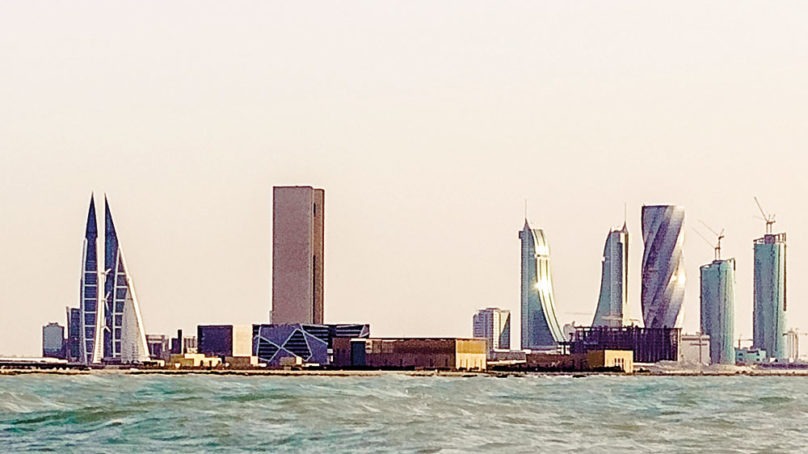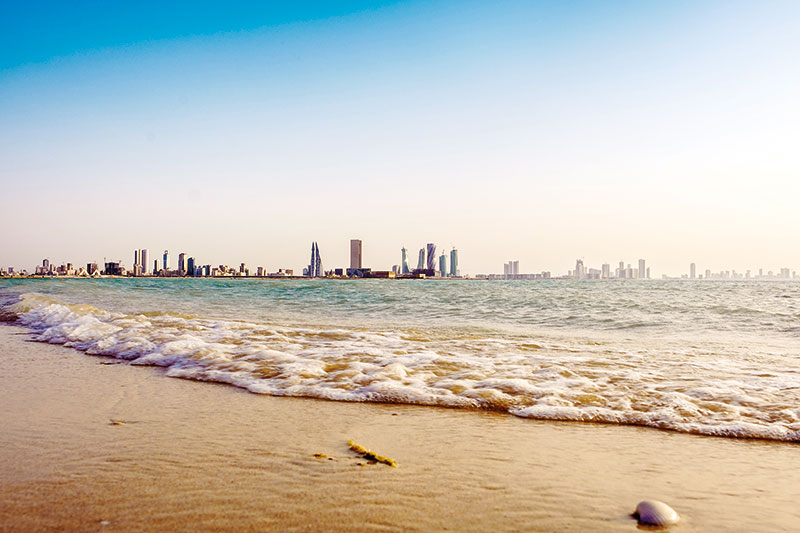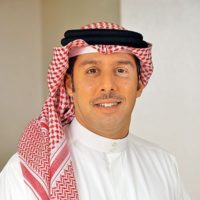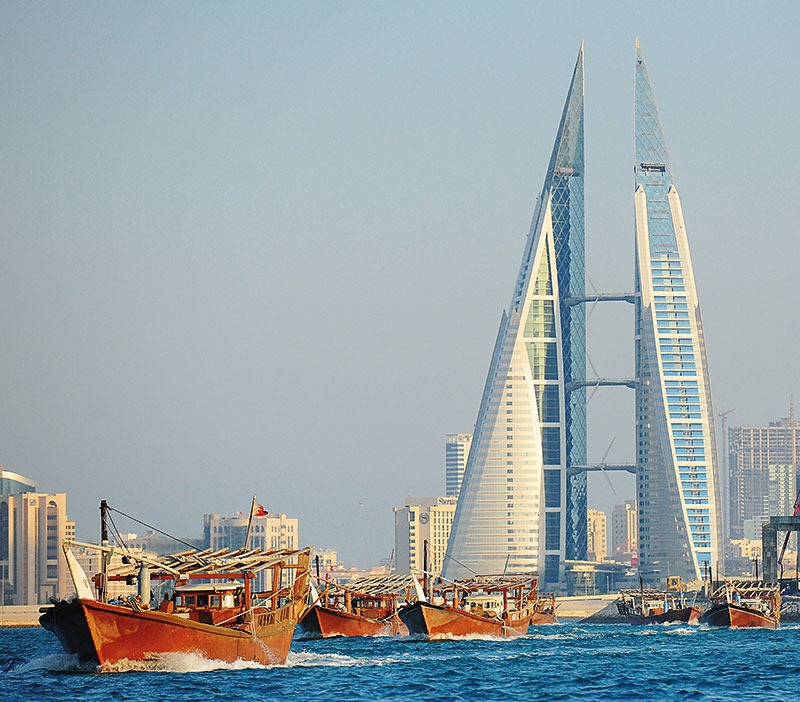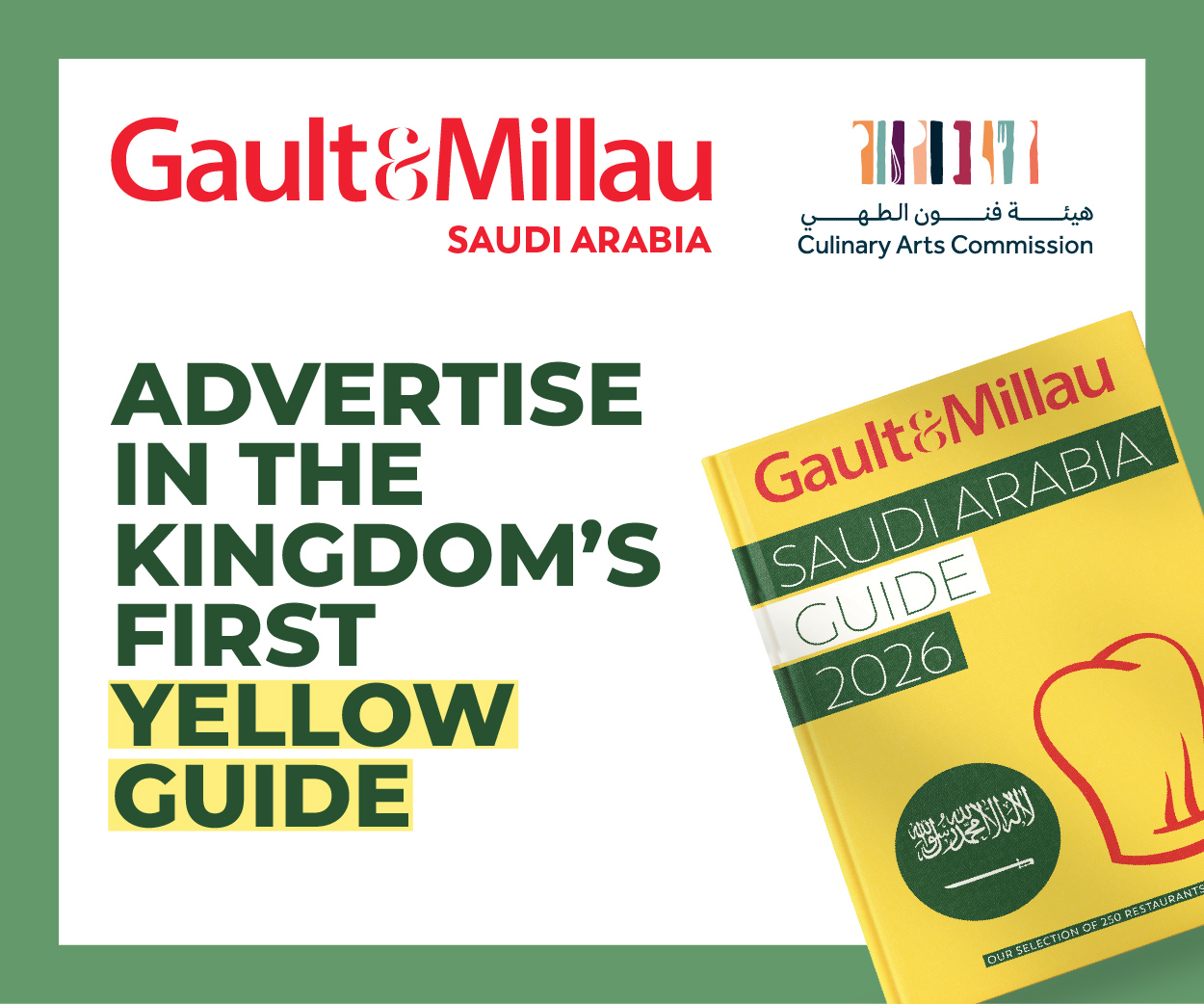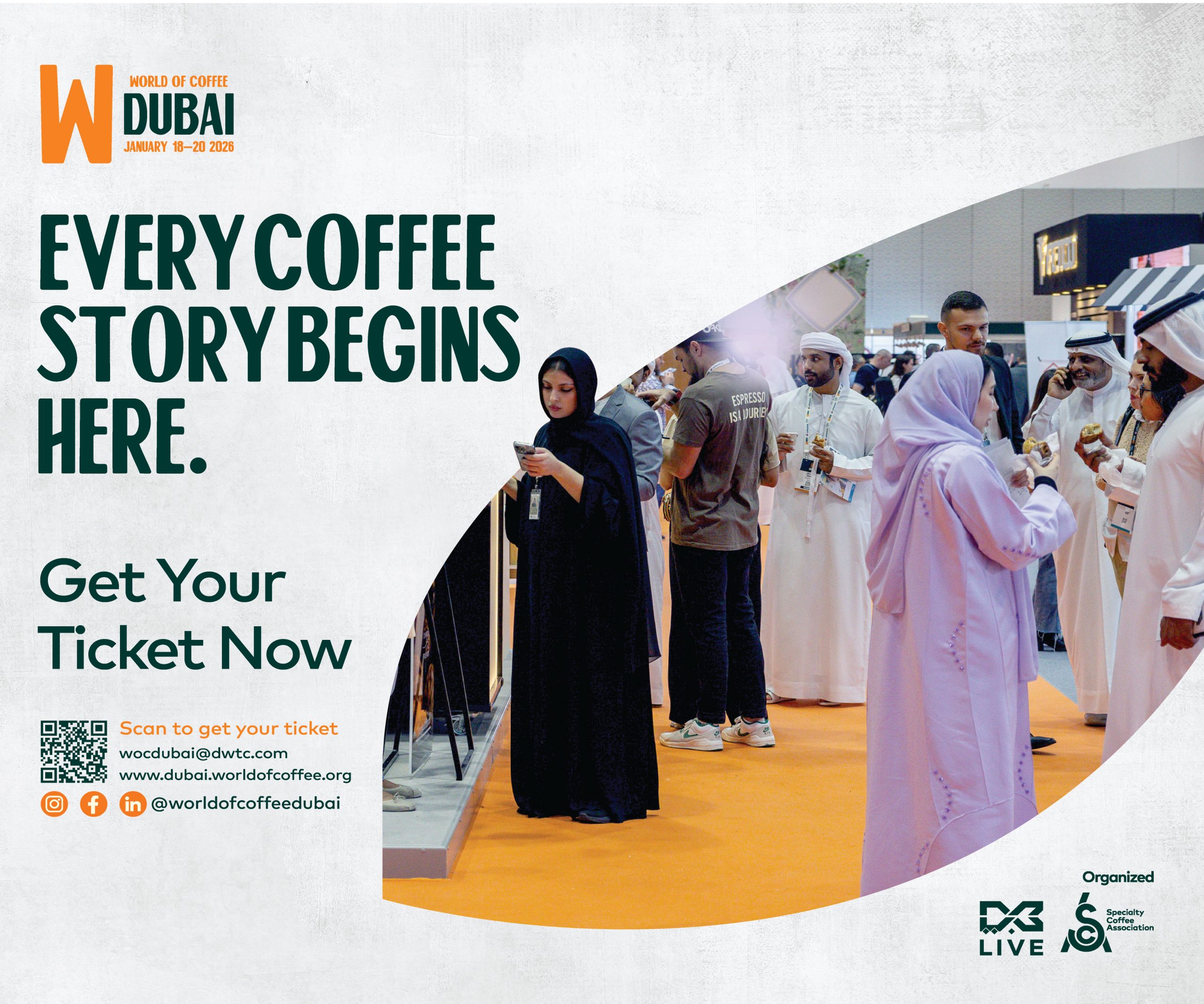No free-zone restrictions, 100 percent foreign ownership in most sectors and operating costs that are on average 50 to 55 percent lower than Dubai and Abu Dhabi according to KPMG’s latest Cost of Doing Business report. No wonder several global surveys have rated Bahrain as one of the top places to live and operate a business. Two senior officials from the Bahrain Economic Development Board (EDB) discuss the latest developments in the kingdom and highlight the opportunities that it has to offer
What is Bahrain’s value proposition and how does this set it apart from other GCC countries?
With a long and successful history as a global trading nation, the Kingdom of Bahrain has always offered a warm and open welcome to international visitors and businesses. The GCC is undergoing a significant economic transformation, and Bahrain was the first country in the region to begin its diversification decades ago. We continue to diversify our tourism sector, building on our value proposition and expanding our offerings. Over 12.7 million international tourists visited the Kingdom in 2017, fueling a thriving tourism industry around Bahrain’s wide range of 4- and 5-star hotels and resorts. Bahrain lies in the heart of the GCC and acts as a natural gateway to Saudi Arabia, with efficient and reliable access to the region’s biggest market and a constantly expanding stream of visitors. The kingdom is within a four-hour drive from 75 percent of Saudi Arabia’s market and connects to a USD 40 billion market with a one-hour flight. From an investment perspective, ongoing reforms and regulatory improvements have made Bahrain one of the region’s freest economies for over 20 years, and the Kingdom has an established track record of prioritizing these reforms to benefit and grow the private sector and streamline investment into the country. Bahrain also offers some of the region’s lowest operating costs and an attractive tax regime, which in turn is supported by the most skilled workforce in the region: over 60 percent of the Bahraini workforce is employed in the private sector. This allows for sustainability of operations, because having an educated, hardworking, local talent pool minimizes staff turnover and reduces overall labor costs.
How does Bahrain benefit from both intra-regional tourism and international visitors coming to the Gulf?
Bahrain is a highly popular tourist destination among GCC residents and citizens: nearly two-thirds of our visitors are from within the GCC, with a growing number visiting from outside the region. The sector witnessed rapid growth in 2017, with over 12.7 million tourists visiting Bahrain, facilitated by the country’s wide range of 4- and 5-star hotels and resorts. Tourism has thus become one of the key investment sectors that provides Bahrain with a strong competitive advantage.
Bahrain’s Tourism and Exhibition Authority (BTEA) has been set up to increase the contribution of tourism to the country’s GDP and specifically to grow the number of inbound GCC tourists, as well as visitors from key source markets within a short-haul flight distance. Bahrain’s cruise industry has also been taking off. The country hosted 70,000 cruise passengers over 43 visits during the 2016/2017 GCC cruise season, and a growing number of international cruise liners are adding Bahrain as a new port destination for the 2018 and 2019 seasons. As well as being an established recreational tourism destination, Bahrain’s advanced and liberal regulatory system – united under a single regulatory authority – leads to lower operating costs for healthcare service providers and patients. This is fueling the growth of medical tourism from the GCC region.
In what way will the new developments in Saudi Arabia compete with or complement Bahrain’s position as the gateway to the region?
As Saudi Arabia’s Vision 2030 opens up new opportunities for international investors, Bahrain has an important role to play in facilitating that growth. Bahrain and the Kingdom of Saudi Arabia enjoy a longstanding close relationship, and we see Saudi Arabia’s growth as highly complementary to our own. Saudis make up a large percentage of our visitors, and many global companies service the large Saudi market from Bahrain. For example, Mondelez manufactures food products in Bahrain for the Saudi market. We believe our logistical, infrastructure and manufacturing strengths offer an advantage point for companies looking to capitalize on Saudi Arabia’s growth. Bahrain’s existing infrastructure provides easy access to all markets by road, sea and air, and extensive investment is set to further enhance this advantage. Plans are nearing completion for a USD 3 billion investment in a second causeway linking Saudi Arabia to Bahrain, incorporating both road and rail services. The causeway will also connect Bahrain to the proposed USD 200 billion GCC rail network, which will improve logistical and travel links between the six countries.
How do you believe the smallest country in the GCC can make the biggest impact in terms of diversification strategies?
Bahrain has a long history of diversification, and decades ago, became the first GCC country to make the move away from a hydrocarbon-based economy. Indeed, Bahrain’s own Economic Vision 2030 was launched back in October 2008. Bahrain boasts a resilient and diversified economy with the non-oil sector now accounting for more than 80 percent of real GDP. In 2017, real GDP grew by 3.9 percent, with the non-oil economy expanding by 5 percent, making Bahrain the fastest growing economy in the GCC. Tourism and leisure already contribute to 6.3 percent of the country’s GDP, and this figure is set to grow significantly as the number of visitors and leisure activities increases. Economic growth in the GCC and the diversification of the region’s economies are therefore creating exciting opportunities for international investors across a number of sectors. We are a natural gateway to access the GCC’s dynamic economies, with an efficient logistical connection to the largest market. Our people form a highly engaged workforce and reaffirm the high quality of life offered to expatriate residents. As one of the GCC’s freest economies, Bahrain uniquely offers 100 percent foreign ownership across almost all sectors, and we have a consistent track record of diversification, leading to further opportunities for investment. Bahrain is also able to adapt quickly to new opportunities. The kingdom has, for example, an established and supportive ecosystem for technology-focused entrepreneurship and offers a sandbox to test and develop new technologies and products.
What was behind the decision to launch the Gateway Gulf Investment Forum?
Gateway Gulf came from a very simple idea. Every day we speak to businesses and investors and we have seen that the opportunities in the GCC market are really catching the world’s attention. What we have also seen is that while investors are interested in the GCC, they want to know more about how to access the opportunities provided by the region. Gateway Gulf was designed to answer that question – bringing together 500 global decisionmakers with expert sessions and showcasing projects worth USD 26 billion across multiple sectors.





